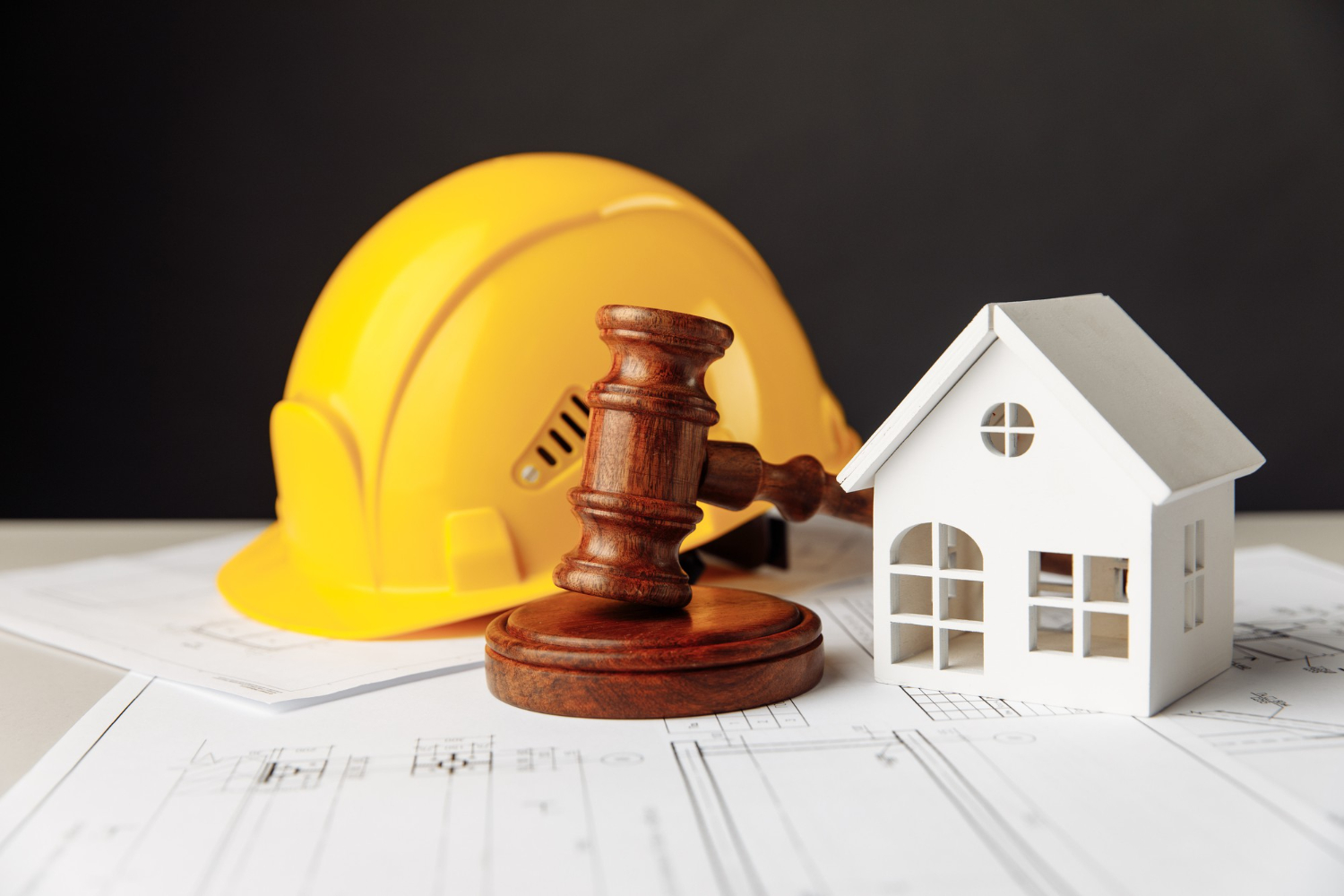Legal Hypothecs: Understand Them and… Watch Out for Them!
The legal construction hypothec is a legal tool used by builders and renovators to guarantee that they will get paid. For homeowners, this can result in a very unpleasant surprise.

Definition of a legal hypothec
When you buy a house, you take out a mortgage from a financial institution. This mortgage not only guarantees your obligation to repay the loan, but also attaches a right to your property to the benefit of the financial institution. In the event that you fail to repay the loan, your house can be sold to pay it off.
A legal hypothec is different. You have no choice if you agree with it or not. It is established by operation of law, hence the name, “legal hypothec”. According to Éducaloi, legal hypothecs can be used for situations such as unpaid taxes, to guarantee a payment ordered by a judge or to guarantee that those who participated in building or renovating a house (including workers, contractors, architects and even material suppliers) are paid.
Moreover, a legal hypothec has priority over conventional mortgages, even ones that were published before it. It therefore confers on its beneficiary a right that takes priority over a mortgage lender.
Precautions
When buying a house, it is important to check that it is free of any legal construction hypothec. To find this information, you can consult the online Quebec Land Register. You will need to know the lot number of the property. According to 2023 fee schedule, there is a $1 charge for each register accessed. If there is legal hypothec, you will need a legal professional to help guide you as to what to do next.
Applications
The legal construction hypothec is therefore a legal tool for contractors in the event that the homeowner does not pay what is set out in the contract. There are several steps that follow, but in the end, the effects on the homeowner are the same as if they did not pay their mortgage (sale of the house), unless there is an ongoing challenge. court case? Dispute?.
Issues and Claims
The Association des consommateurs pour la qualité dans la construction (ACQC) deplores the misuse of this right by many construction contractors. It wants a change, especially when the work involves small claims. The ACQC raises the point that while a legal construction hypothec cannot be contested in Small Claims Court, in can be in the Superior Court, but that it would generally cost at least $10,000 to $15,000. This often results in the homeowner paying the contractor rather than contesting the legal hypothec.
It also notes the fact that when registering a legal hypothec in the Quebec Land Register, the merits of the request are not verified.
In an article in Le Quotidien, Marc-André Harnois, ACQC Managing Director, says he is waiting for the implementation of changes that “would ensure that homeowners don’t get stuck with what he calls a ‘bad faith’ contractor, but that ‘good faith’ contractors would get paid.”
Statistics
According
to the document, Analyse de données sur l’hypothèque
légale de la construction (Analysis of Legal Construction
Hypothec Data), there were almost 3,000
annual registrations between January 1, 2015 and November 30, 2020. It also
mentions that for the consumer sector, 42% of legal construction hypothecs were
registered for an amount less than $15,000, 52% for less than $20,000, or 58%
for amounts of $25,000 and under. This data demonstrates, according to the
ACQC, that legal construction hypothecs are extreme measures that allow the
legal sale of a citizen’s principal residence, and they are often registered
for derisory amounts considering their possible consequences.
See also: